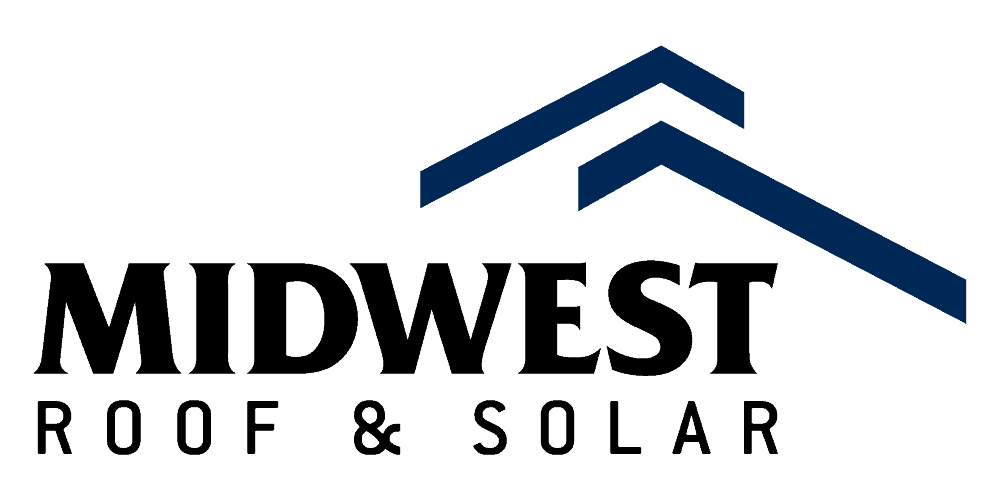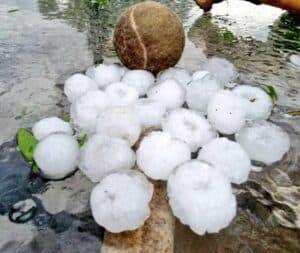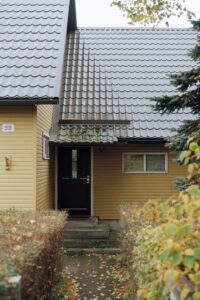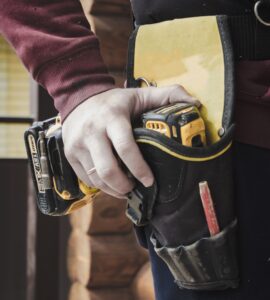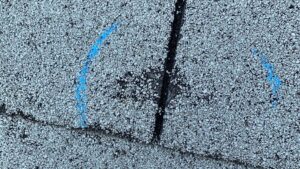Before deciding to have solar panels installed, many homeowners ask: “How long will my solar panels last?”. This common question isn’t as straightforward as it may seem. While solar panels are becoming more advanced and efficient with each passing year, degradation is still an important factor in solar panel longevity. Additionally, factors like weather conditions and maintenance can make an impact on how long your solar panels will last.
To determine whether St. Louis Park solar panels are right for you, let’s discuss solar panel longevity. This information will help you put the upfront cost of solar panels into perspective so that you can plan for a potential solar panel system installation.
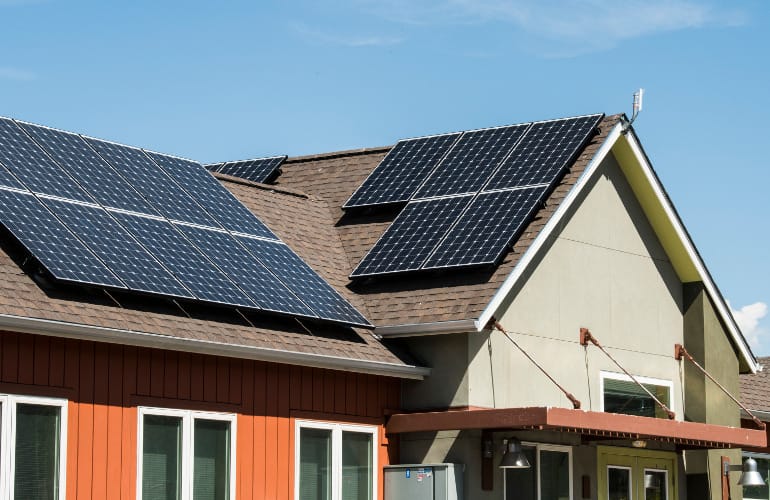
How Long Do Solar Panels Last?
Generally, solar panels last for about 25 to 30 years. This period is the industry standard. Around three decades is a decent period of time for a home solar panel system to last. However, homeowners should know that solar panels won’t simply stop working after 25 to 30 years. The panels can continue to operate and generate energy for many years after this point, assuming that major damage doesn’t take place. 25 to 30 years is the generally accepted lifespan for solar panels because the panels will have significantly degraded by this point.
Solar Panel Degradation
So, what exactly is solar panel degradation? This term is used to describe solar panels’ gradual loss in output. As time goes on, solar panels will produce less and less energy in the same amount of sunlight. Degradation is inevitable; even the highest quality solar panels will have a rate of degradation. But, higher quality solar panels will have lower rates of degradation than other solar panels.
After your solar panels have degraded, the performance of your Minneapolis solar panel system won’t be severely compromised. The typical rate of solar panel degradation is just 0.5% to 3% per year.
What Causes Solar Panel Degradation?
Factors that are out of your control, like weather conditions and the sun’s harsh UV rays, are the main causes of solar panel degradation. There are a few different types of solar panel degradation to reflect these different causes:
- Potential-induced degradation
Potential-induced degradation won’t occur with every solar panel system. It happens when there is a disparity between the voltages of different parts within a solar panel. This disruption will lead to leaks in voltage that lower a solar panel’s output. If potential-induced degradation does occur, it can lower solar panels’ performance by as much as 30%.
- Light-induced degradation
When solar panels are exposed to solar radiation initially, it begins the “initial degradation” phase. During this phase, which occurs in the initial 1,000 hours of the solar panel’s lifespan, the panel’s photoconductivity is lowered. This degradation at the very beginning of the solar panel’s life amounts to 1% to 3% degradation. After this stage, however, light-induced degradation will balance out and remain steady.
- Age-relating degradation
When solar panels are exposed to the elements for an extended period of time, it leads to age-related degradation. This type of degradation comes down to regular solar panel wear-and-tear.
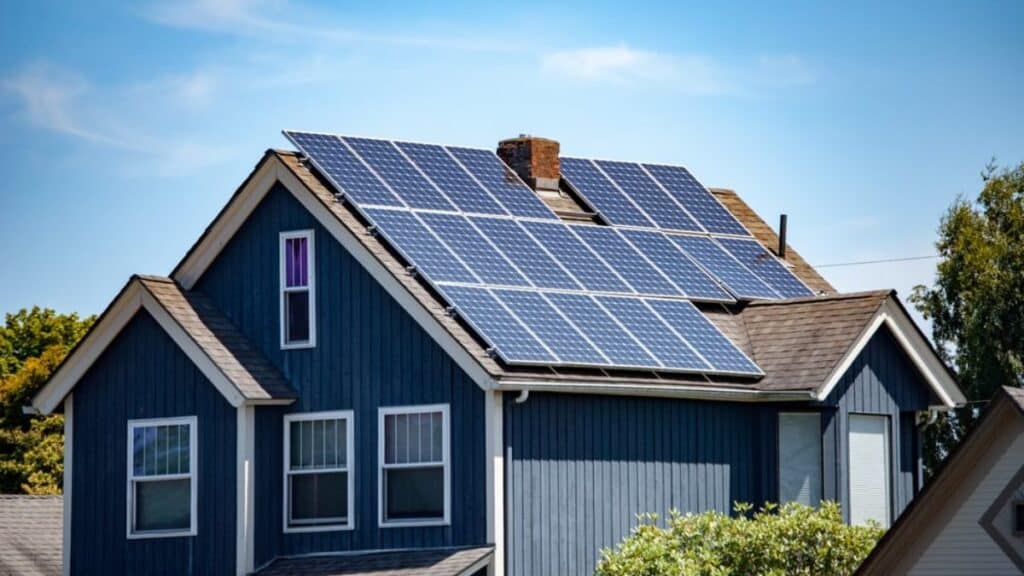
Increasing Solar Panel Longevity
Solar panels for your Minneapolis home are undeniably a large investment. So, you will understandably want to prolong the lifespan of your solar panel system as much as possible. To do so, follow these tips:
Take Care of Accumulated Debris.
Since your solar panels are located on the surface of your roof, they’ll likely accumulate debris over time. Whether it’s leaves, twigs, or pine needles, debris will impact your solar panel’s performance. So, safely clean the surface of your solar panels periodically with a garden hose or leaf blower. If you use a hose, make sure that the water is lukewarm – cold water could crack the surface of warm solar panels.
Pick a High-Quality Solar Panel Installer.
When it comes to solar panel longevity, give your system the best chance of success from the start by selecting a trusted Minneapolis solar panel installer. Errors in the installation process could increase your chance of solar panel damage.

